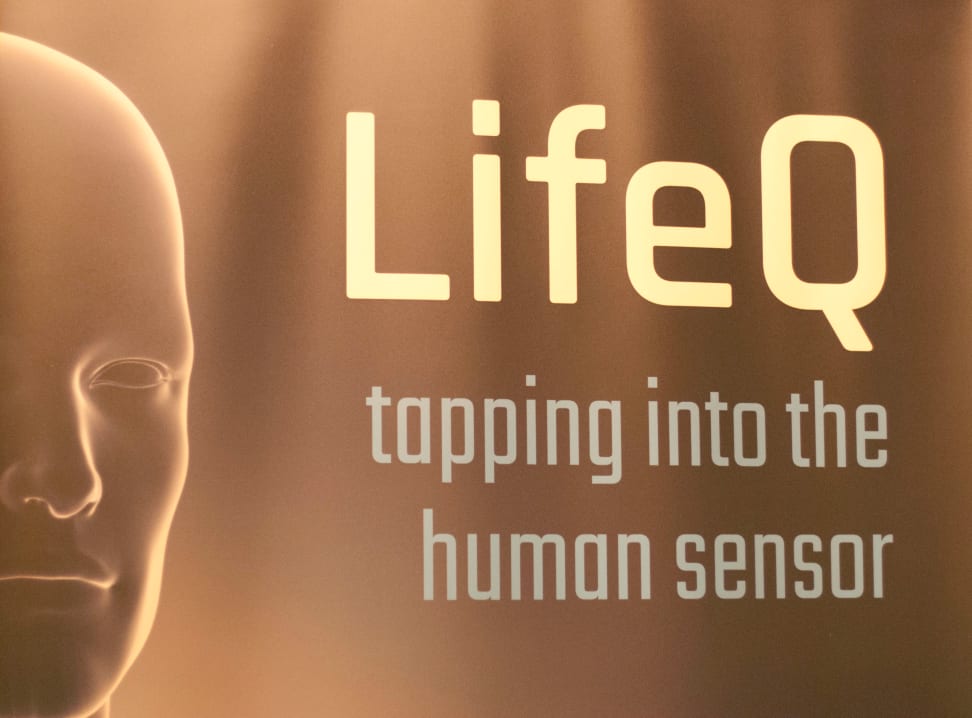LifeQ Enters the Wearables Market With Optical Sensor
Accurate health monitoring is in clear sight.
 Credit:
Reviewed.com / Erin Fife
Credit:
Reviewed.com / Erin Fife
Recommendations are independently chosen by Reviewed's editors. Purchases made through the links below may earn us and our publishing partners a commission.
What's the next big thing in wearable technology? Laurence Olivier and Riaan Conradie, CEO and Executive Founder (respectively) of wearable tech company LifeQ, think they know the answer. They claim that their new optical sensor, which makes use of biometric mathematical models of human physiology, could be a game-changer for the wearable market.
Biometrics monitoring is a hefty term to throw around, but LifeQ's intensive scientific development process measures up. A team of nearly 60 scientists, engineers, and biologists have been at work for almost 5 years to whittle computational systems that describe how the human body functions down into personalized mathematical models. These mathematical models are able to convert a small amount of data recorded by a biological sensor into specific health information. Other kinds of wearable devices just aren't capable of this kind of health tracking.
LifeQ has developed an optical sensor that measures–among other things—the amount of light filtering through your skin. Data from the sensor is then sent back to the LifeQ Link and used to determine a host of biometrics, such as your glucose levels, which normally cannot be tracked accurately via wearable device. {{ photo_gallery "slide" }} In the past few years, the wearable market has expanded exponentially, but the accuracy of wearables has not formatively improved. LifeQ technology has the potential to significantly broaden the amount of data tracked via wearables to give consumers more actionable, focused health data. LifeQ aims to track health from the inside out rather than the outside in. With real time feedback, the LifeQ sensors could also help athletes optimize athletic performance—training smart vs. training hard—or even, possibly, predict heart attacks.
LifeQ expects that its sensors will ship in 10-15 different wearables within the next six months, and a beta version for health care professionals will be available by the end of Q1/early Q2.
LifeQ is ultimately a data company, and its impact on the wearable market will depend on the ability of wearables companies to interpret LifeQ's data and package it for consumers in meaningful, impactful ways.

